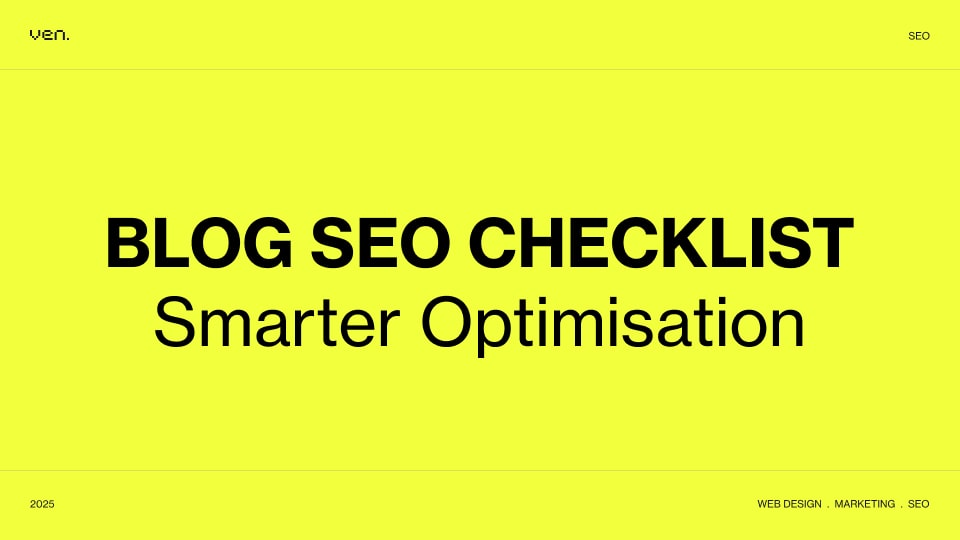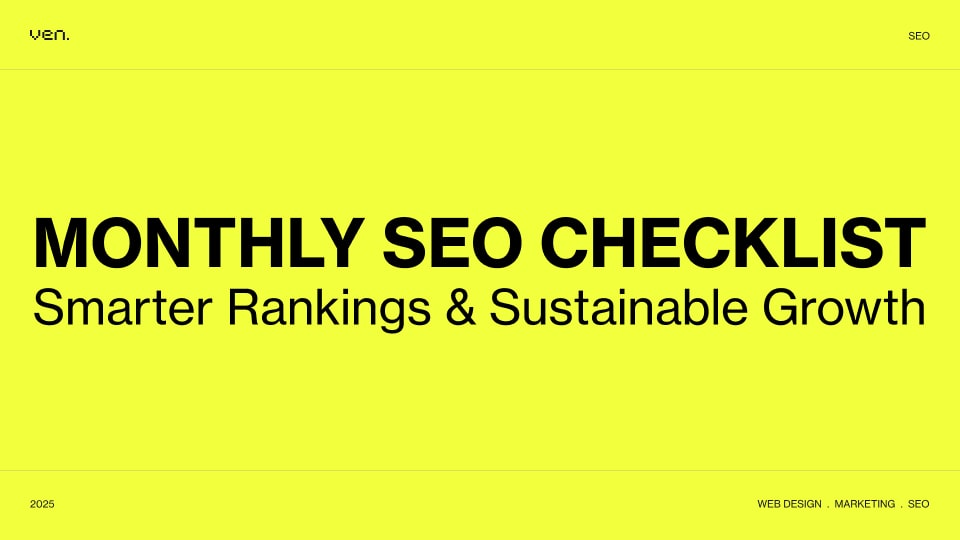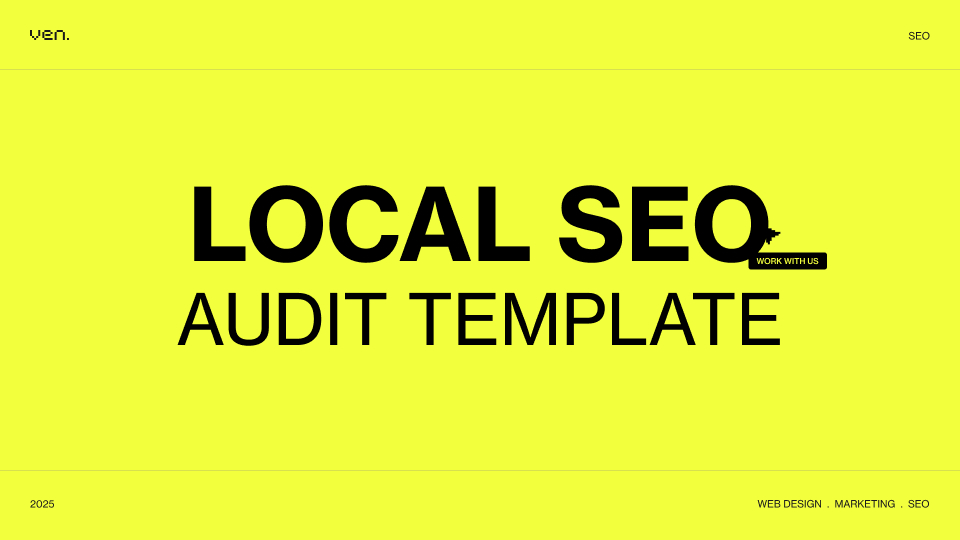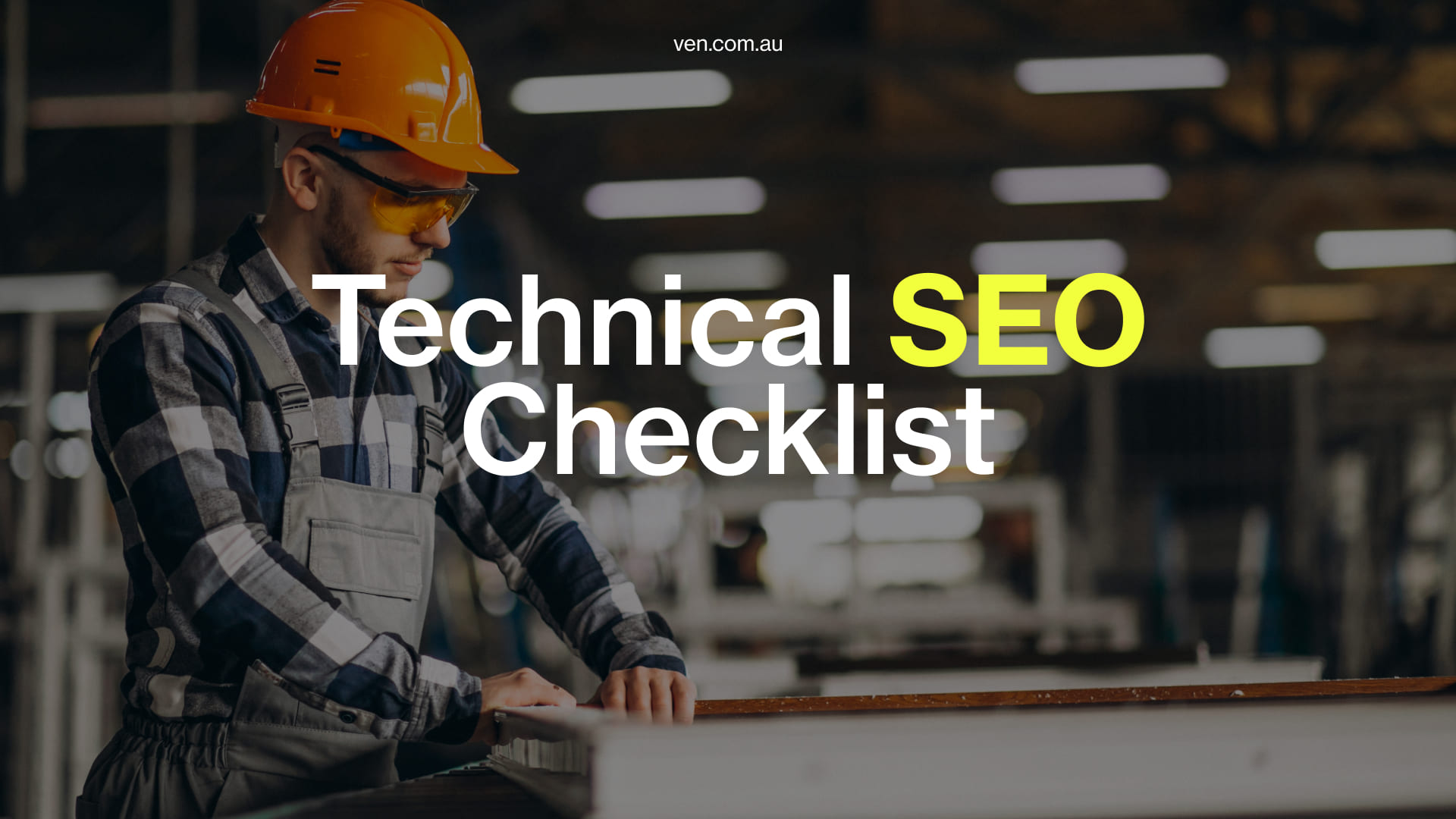Small businesses in Melbourne are thriving, driven by a commitment to sustainable development and a dedication to enhancing local prosperity. Curious about what makes these businesses tick? Let’s delve into their challenges and development opportunities.
Table of Contents
Overview: SMEs in Melbourne
Strolling through Melbourne’s vibrant and bustling streets, you can’t help but notice that small businesses are the heartbeat of the local economy. These businesses create an ecosystem that embodies the spirit of entrepreneurship and highlights the diverse economic landscape of the region.
How many small businesses are there in Melbourne?
According to a report by the Australian Small Business and Family Enterprise Ombudsman (ASBFEO) in May 2024, Melbourne ranks among the top five cities with the highest number of small businesses. The pie chart from ASBFEO illustrates the significant portion of small businesses in Melbourne compared to the state of Victoria.

The number of small businesses reported in Greater Melbourne is 550,957, which accounts for 79% of all small businesses in Victoria. Most of these businesses are allocated in several main areas as follows:
| No. | Area | Number of small businesses |
| 1 | Melbourne City | 40,685 |
| 2 | Wyndham | 31,862 |
| 3 | Boroondara | 25,543 |
| 4 | Whittlesea – Wallan | 23,141 |
| 5 | Monash | 22,906 |
Importance of small businesses in the local economy
The Australian Small Business and Family Enterprise Ombudsman, Bruce Billson, said that small businesses had a vital contribution to the economic prosperity and well-being of the local community. It is reported that these businesses’ value is $506 billion, which is one-third of Australia’s GDP and provides jobs for millions of people in Australia.
Highlights of the Small Business Regulation Review
The Victorian Government has initiated a Small Business Regulation Review (SBRR) program to identify and implement practical reforms in the retail, visitor economy, and construction sectors. Let’s look at the key highlights from the review aimed at streamlining processes and reducing compliance costs for small businesses:
- Small Business Engagement Charter for Regulators: Launched in October 2020, the Charter aims to enhance regulatory engagement processes. According to the Charter, small businesses should know what to expect from regulators to meet their regulatory obligations.
- Online Planner for Small Event and Festival Organisers: This new Event Planner tool helps event organisers simplify their planning processes, making it easier to host successful events.
- Improvements in Understanding and Compliance with Food Safety Regulations: The Department of Health worked with stakeholders to create clearer guidelines for councils and food businesses. This effort aims to reduce compliance costs while ensuring food safety standards are upheld.
- Better Approvals Project (BAP): Small Business Victoria implemented the BAP with local councils to reduce the time and cost of business approvals, particularly in the retail and hospitality sectors.
- Improving Safe Work Method Statement (SWMS) Guidance: New WorkSafe SWMS guidelines clarify the importance of SWMS in ensuring safety in high-risk construction work. These come with updated guidance materials and interactive tools, making safety protocols easier to implement.
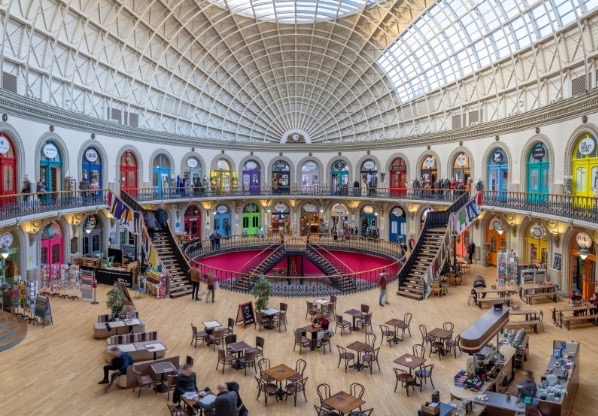
Melbourne’s Small Business Key Sectors
Melbourne has become a prime destination for global investment and business ventures, offering tremendous opportunities for investment and career growth across a diverse range of industries. Below are some key sectors driving this dynamic landscape:
Creative Industries
Melbourne’s creative industries encompass arts and culture, screen, and design sectors. Small businesses here can include game studios, graphic design, fashion, filmmaking, media, music, and more. These businesses blend commercial interests with community needs, emphasising experimentation and export potential.

Digital Technologies
Melbourne boasts a strong presence in digital technologies, with expertise in software development, market platforms, cloud technology, data analytics, and more. Small businesses in this sector innovate in cybersecurity, industrial IoT, smart cities, digital games, and fintech.
Food and Fibre
Melbourne’s food and fibre industry holds a significant position in Australia’s market, supplying high-quality and safe food to the Asia-Pacific region. Small businesses benefit from competitive advantages in the supply chain, an innovative environment, and top-tier food safety standards.
International Education
Ranked as Australia’s best student city and the third-best globally, Melbourne attracts a diverse student population, promoting social inclusion and tolerance. Small education businesses receive robust governmental support, improving outcomes for students and communities.
Medical Technologies and Pharmaceuticals
This sector is globally recognized for its advanced medical technology, biotechnology, and pharmaceuticals. Small businesses may include medical treatment rooms, medical service providers, and pharmacies.
New Energy Technologies
Excelling in renewable solutions from wind, solar, marine, and biofuels, this sector offers valuable opportunities for advanced manufacturing and participation in innovative projects. Small businesses might specialize in new energy technology R&D or be distributors of new energy products.
Professional Services
Over the last decade, professional services have significantly contributed to Melbourne’s economic output. Small businesses in this field can operate in legal, engineering, architectural, accounting, insurance, and more.
Retail and Supply Chain and Logistics
Known as Australia’s fashion and retail capital, Melbourne offers a vibrant retail landscape with designer brands, local retailers, and bespoke boutiques. Additionally, substantial infrastructure supports efficient goods movement, benefiting small logistics and supply chain businesses.
Tourism, Events, and Visitor Economy
Melbourne ranks as Australia’s second most visited city, renowned for its arts, sports precincts, laneways, and fashion hubs. Small businesses related to accommodation, tour operators, event organizers, and venues find significant growth opportunities here.
Transport, Defence, and Construction Technologies
Small firms specialising in transport systems, defence applications, and innovative construction technologies can thrive amid ongoing infrastructure projects and a supportive business environment.
Significant Obstacles for Melbourne’s Small Businesses
Despite their resilience and innovation, small businesses in Melbourne face several obstacles:
- Risk of Market Saturation: Increasing competition means businesses need to innovate and differentiate themselves, which demands substantial investments in time and resources.
- Constant Technological Advancements: Keeping up with technological advancements requires significant investment in new technology like automation, data infrastructure, and software solutions.
- Competition from Larger Businesses: Small businesses often face tough competition from larger enterprises. To compete effectively, they must leverage their agility, flexibility, and ability to offer personalized services.
Effective Marketing Strategies for Small Businesses on a budget
Given their limited size and budget, small businesses typically pursue cost-effective marketing strategies such as:
- Leverage Social Media Platforms: Engaging with customers through social media channels can be highly effective without requiring substantial spending.
- Start an SEO Campaign: SEO helps businesses become more visible in search engines, reaching target audiences with potential interest in their products or services.
- Email Marketing: Engaging both new and existing customers through targeted email campaigns can enhance customer relevance and impact.
How Technology Development is Transforming SMEs
Technological advancements significantly influence the growth of SMEs in Melbourne. These technologies have reshaped traditional business operations and created new opportunities for innovation:
- Point of Sale (POS) Systems: Streamline operations, track sales in real-time, and efficiently manage inventory.
- E-commerce Platforms: Overcome geographical limitations and access a diverse customer base, expanding business reach.
- Inventory Management Software: Optimize stock levels and minimize wastage, keeping products available for customers.
- Customer Communication Tools: Engage with customers on a personalized level using email marketing platforms, CRM systems, and chatbots.
- Data Storage Solutions: Cloud-based storage offers secure, scalable options, enhancing collaboration and facilitating remote access.
- Accounting Software: Simplifies financial management tasks, allowing businesses to track expenses and reconcile transactions efficiently.
Why Should You Start a Business in Melbourne?
Melbourne offers tremendous support for new businesses, including dedicated Business Concierge case managers and state government initiatives like Invest Melbourne, which assist with market entry, business case validation, and securing funding.

The Future of Melbourne’s Small Businesses
The future of small businesses in Melbourne will be shaped by advanced technologies like AI and machine learning, especially in digital marketing. Beyond just making money, running a business in Melbourne showcases the city’s dedication to innovative ideas and collaborative efforts. In Melbourne’s supportive and eco-friendly business environment, small businesses are poised to thrive and continuously improve the city.
Final Thoughts
Ven Agency has gathered crucial information about Melbourne’s small businesses, covering key sectors, obstacles, technology impacts, and future opportunities. If you’re looking to run a competitive digital campaign for your Melbourne-based business, feel free to give our team a shout!
Contact Us:
- Offices:
- Melbourne, Australia: L2, 627 Chapel Street, South Yarra, VIC 3141
- Ho Chi Minh City, Vietnam: 83 Tan Vinh Street, Ward 6, District 4, Ho Chi Minh City, 700000
- Contact number: (03) 7003 5248
- Email: hello@ven.com.au


